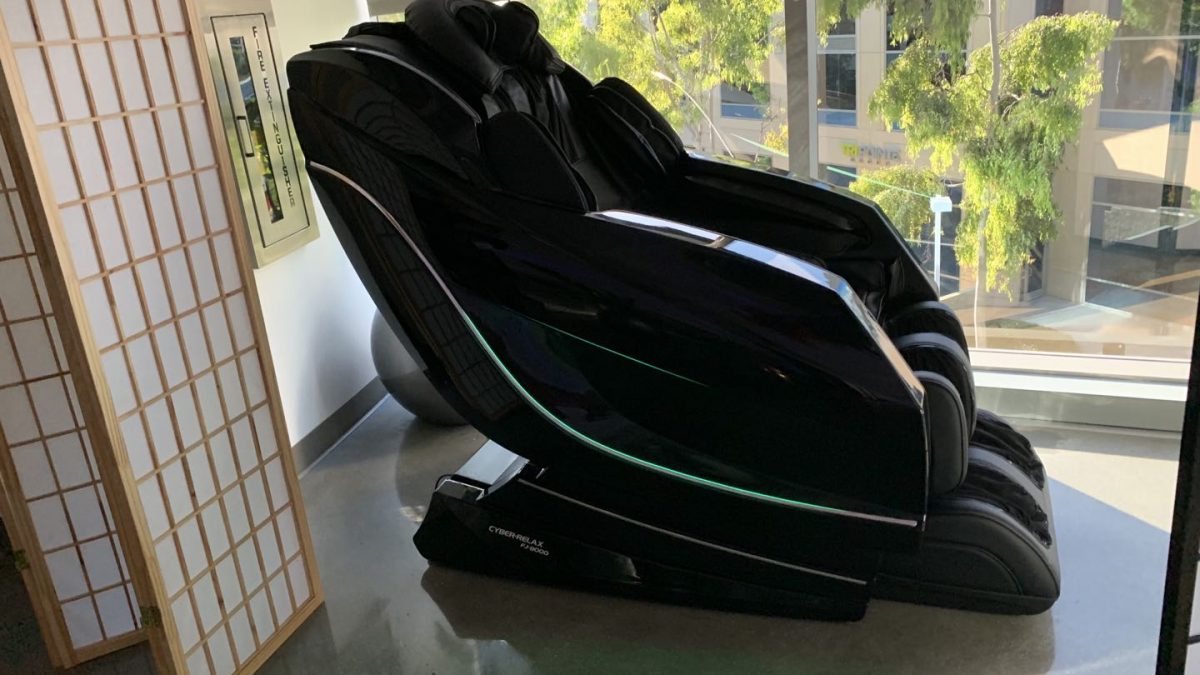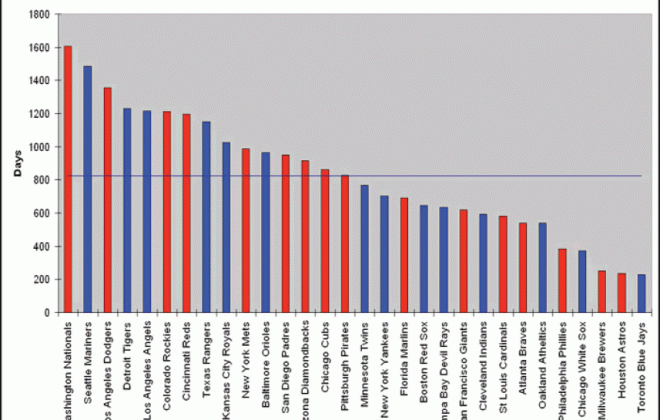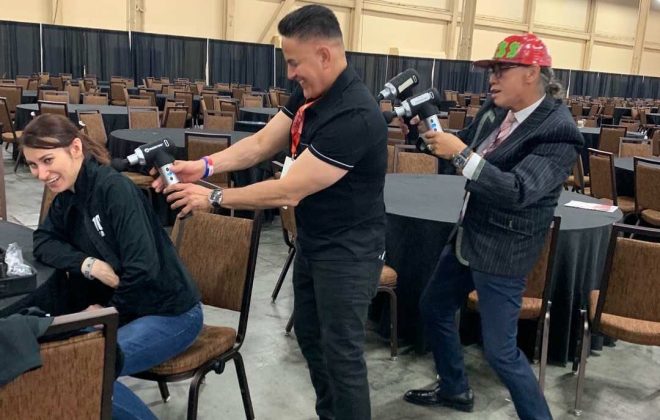Senior Health – British Journal of Nursing
Clinical Study: Therapeutic massage in older persons: research issues.
Research:
Growing recognition of the importance of holistic nursing interventions is resulting in a revival in the use of therapeutic massage. Massage contributes to health and healing through enhancement of relaxation, and is a safe, caring, and inexpensive intervention. Therapeutic massage research using older people is reviewed for identification of its theoretical framework, design, outcome variables, sample, procedures, instruments, analyses and results. To establish a scientific basis for therapeutic massage in the future, it is critical that nurses include the following key elements in their research studies: clear definitions, procedures for massage that include type(s) of massage performed, part of the body massaged, and length of time of massage; and analyses that control for the pre-massage level of the variable of interest. Research variables need to focus on concepts that have major health consequences such as agitation, immune status, and pain.
Results:
Nine clinical studies were reviewed for the type of trial, quality of research design, and research results. Six of the studies were placebo controlled. Six studies demonstrated significant effects from therapeutic massage including a reduction in systolic blood pressure and pulse, an increase in skin temperature, decrease in heart rate, an increase in skin temperature in men, increased relaxation, decrease in anxiety scores and decrease in agitation. Three studies reported no significant differences. An outline is provided of the key elements of good scientific research design for future studies.





